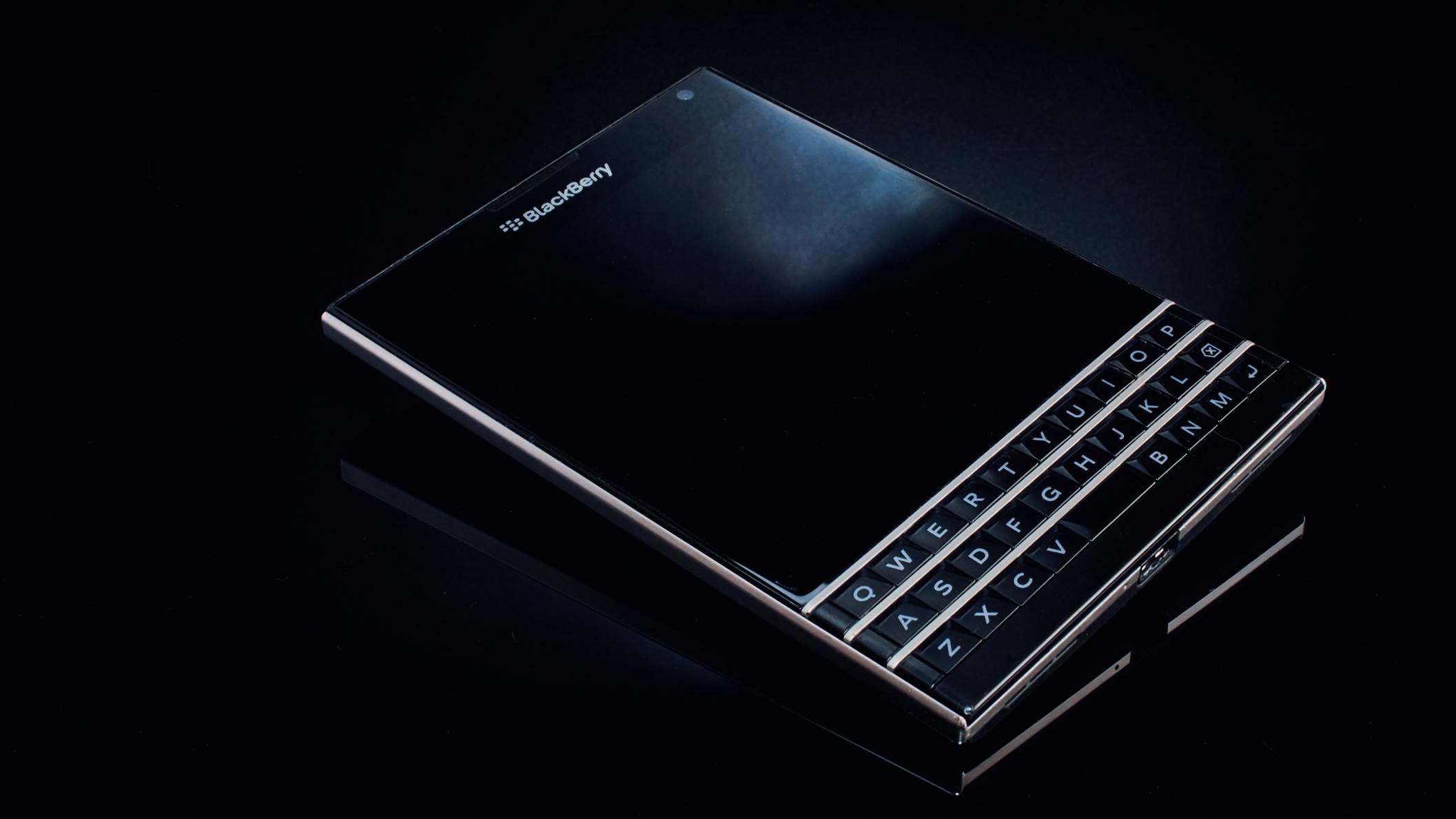
How Customer Commitment Can Make Businesses Complacent
Remember BlackBerry? Well, if you don’t, they were those phones that had full keyboards on them, but which had a much smaller screen than our modern-day smartphones. And not all that long ago BlackBerry dominated when it came to mobile devices. They were secure, easy-to-use, and they were a staple of big business, government, and trendy young people… the trifecta of influence and power for any kind of technology. In fact, they were synonymous with mobile communication and connectivity. You were always reachable on your BlackBerry, even if it wasn’t a BlackBerry…
So what happened? Well, according to The Verge, it was a combination of hubris, and lack of expansion, that did BlackBerry in.
You see, becoming the industry standard meant that BlackBerry made too many decisions from places of privilege. They released new products without consideration for the opinions of all customers (like how the Playbook Tablet didn’t have an onboard email client), and they often assumed that delays in products were just something people would put up with. After all, BlackBerry was the name in quality and security, so obviously what they produced would be worth the wait when it finally hit the market.
The other problem that ultimately doomed BlackBerry as king of mobile devices was that it put all of its attention in maintaining the customer base it had (which was substantial), rather than in expanding its efforts to gain new customers. BlackBerry wasn’t growing, and worse, it wasn’t making the effort to grow and appeal to additional customers. The ultimate attitude of, “this is who we are, take it or leave it,” is what a lot of people attribute BlackBerry’s downfall to. Because when new products and innovation stormed onto the market, the customers who wanted that, were swallowed up by competitors. Worse, those who were loyal BlackBerry customers couldn’t get these larger-screen smartphones from their company of choice… so they had to go somewhere else to get it.
More Than Just Smart Devices
This is not something that’s unique to smart mobile devices. Newspapers have been fighting this struggle for years, as well. As The Guardian points out, newspapers were so used to being the standard form of information consumption that when online sources became more widely available and truly disrupted their market share, they were not able to cope with it. Especially since their strategy was so focused on maintaining their existing networks, rather than on changing and expanding to find new markets, and to compete on a new frontier (something The Guardian itself is finally managing to do in the digital age after a great deal of reductions in staff).
It wasn’t just about getting more customers, though. It’s more about how we consume information today. You can’t just put a digital version of the paper up online and get a wide readership. The New York Times found this out according to the Harvard Business School when it’s stock and readership took serious hits during the switch to digital. People wanted a multilateral conversation, they wanted up-to-the-minute information, and they wanted to be able to quickly search and find information about the topics they cared about. The demands were changing rapidly, and though it took some time, the paper managed to correct its course in order to give people what they wanted, while still maintaining a standard the New York Times was known for.
What Businesses Can Learn
A solid foundation of loyal, evangelist customers is important for any business. However, if a business wants rapid, sustainable growth, it needs to remember that there are potential customers beyond its core base that can be convinced to become their customers. And there are always competitors who are willing to take a sledgehammer to the foundation you’ve built. If you’re not adapting to the needs of your customers, and the changes in the market, that’s when you start potentially down the path to obscurity as many companies have done before.
More importantly, though, you need to listen to your customers. Because they will tell you exactly what they want from you. And if you can provide that, then you will not only keep the customers you have, but you’ll expand your base to add even more. Adaptation and change might be uncertain and difficult, but they are often the things that let you stay on top in the shifting waters of a competitive economy.
At MAi, we help clients remain relevant to their customers while developing new, profitable customer bases.










